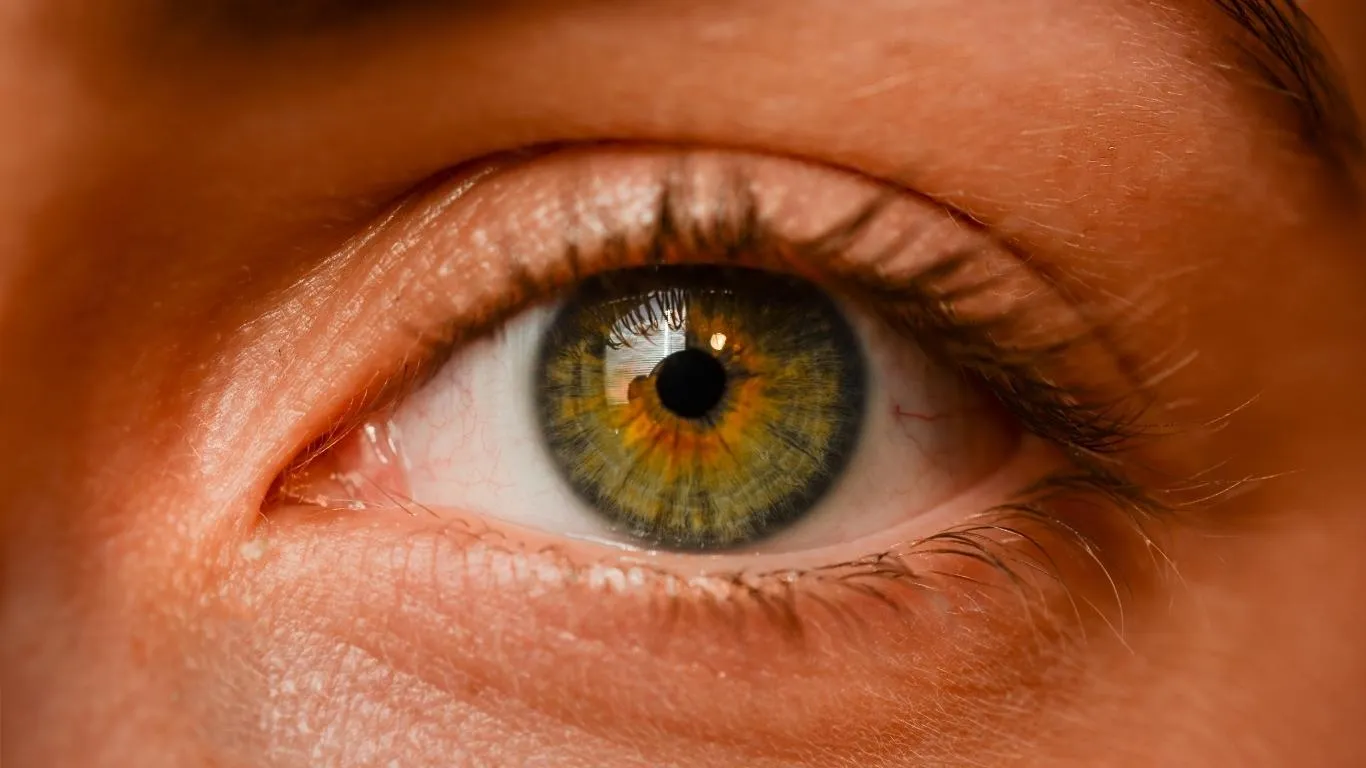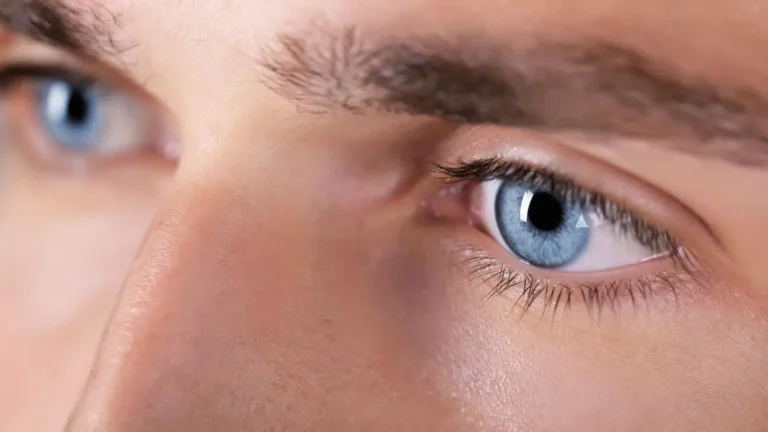Blurry Floaters With Sudden Clarity Could Signal Eye Trouble
Last summer, I was walking through my neighborhood park when I noticed something odd floating across my vision—like a blurry speck that just wouldn’t go away. It was faint at first, like a smudge on my glasses, except I wasn’t wearing any. But then, in a split second, it sharpened. What was that sudden clarity? It freaked me out. If you’ve ever experienced blurry floaters with sudden clarity, you’re definitely not alone—and no, you’re not imagining things either.
What Are Blurry Floaters with Sudden Clarity?
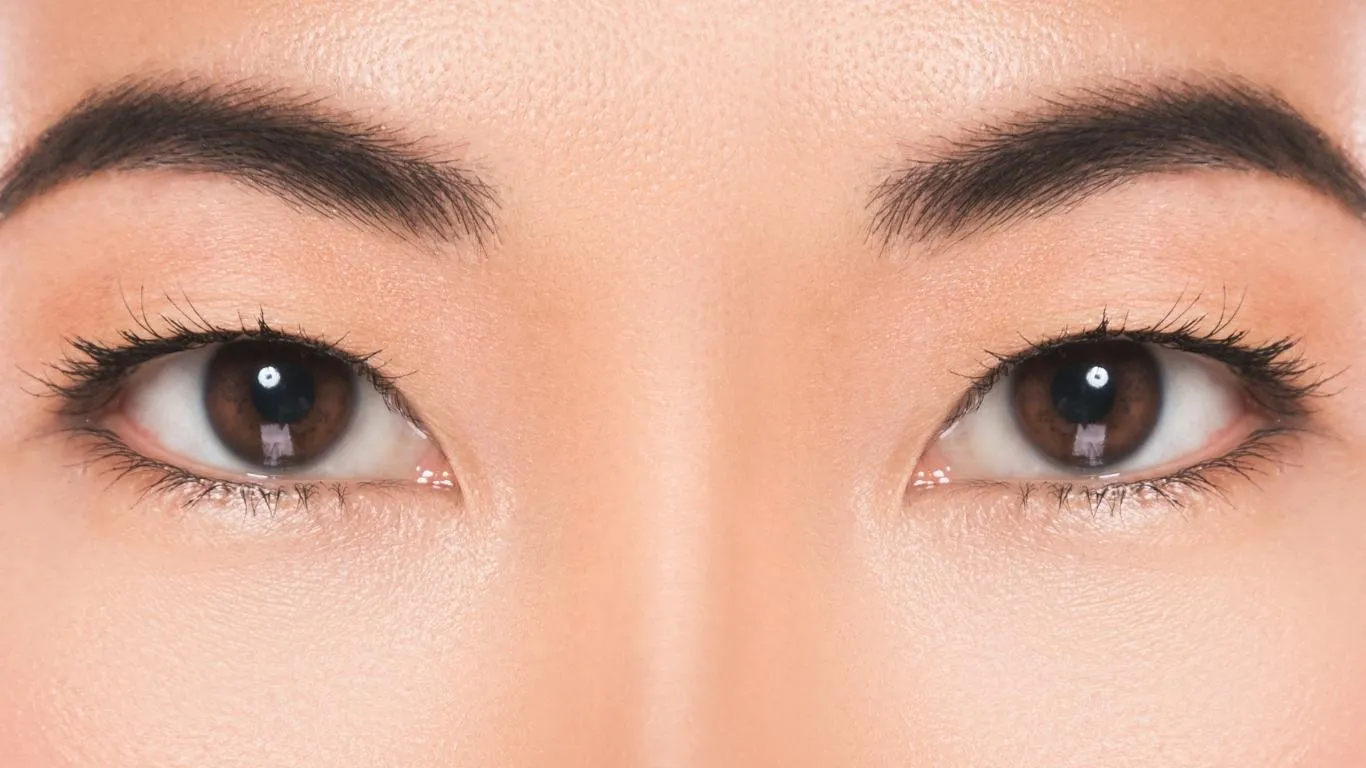
Floaters are those drifting shapes, strings, or specks that appear to move across your field of vision. Usually, they’re harmless and somewhat blurry, but sometimes they become sharply visible without warning. That sudden clarity can be jarring—and potentially significant.
Floaters often originate from changes in the vitreous humor—the gel-like substance in the middle of your eye. As we age, or due to certain conditions, this gel starts to liquefy and pull away from the retina, creating floaters. But when one suddenly becomes crystal clear? That’s when it gets interesting, and sometimes, a little concerning.
Why Some Floaters Sharpen Without Warning
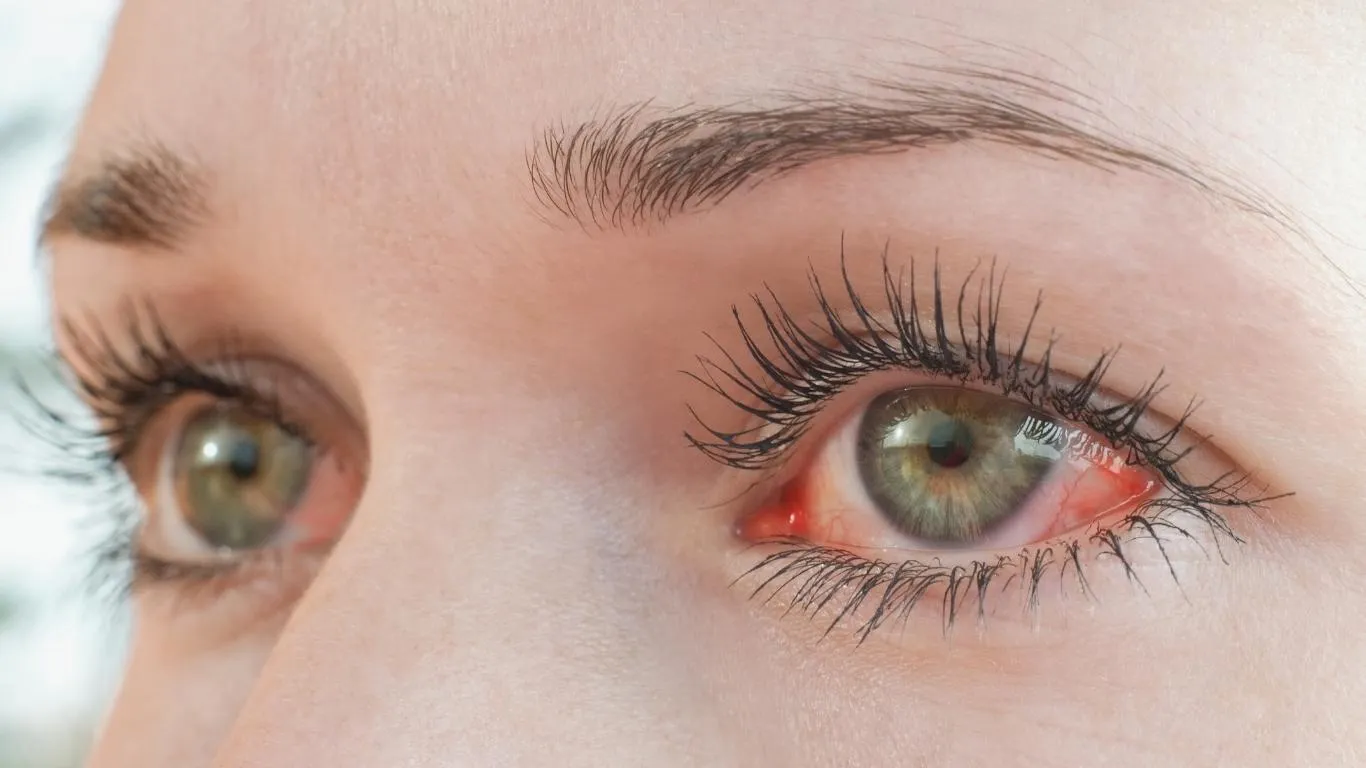
1. Lighting and Eye Movement
I noticed my floaters always became more noticeable when I turned my head or glanced quickly at a bright surface—like a white wall or sunny sky. Turns out, this isn’t just me. When light hits the retina in specific ways, it can highlight the edges of a floater, making it appear much more defined.
2. Vitreous Detachment in Progress
This is more common than people realize. As the vitreous detaches from the retina (a condition called posterior vitreous detachment), floaters may shift and move closer to your retina’s focal point, causing that ‘sudden clarity’ moment. It can even mimic flashes at times.
3. Health Conditions and Triggers
Not all floaters are age-related. Blurry floaters with sudden sharpness could be linked to:
- Uveitis – inflammation inside the eye
- Diabetes – especially if poorly managed
- Stress – which can spike ocular pressure
Even dehydration can contribute to floaters becoming more visible, particularly if your eyes aren’t getting enough moisture and fluid exchange.
Personal Triggers You Might Overlook
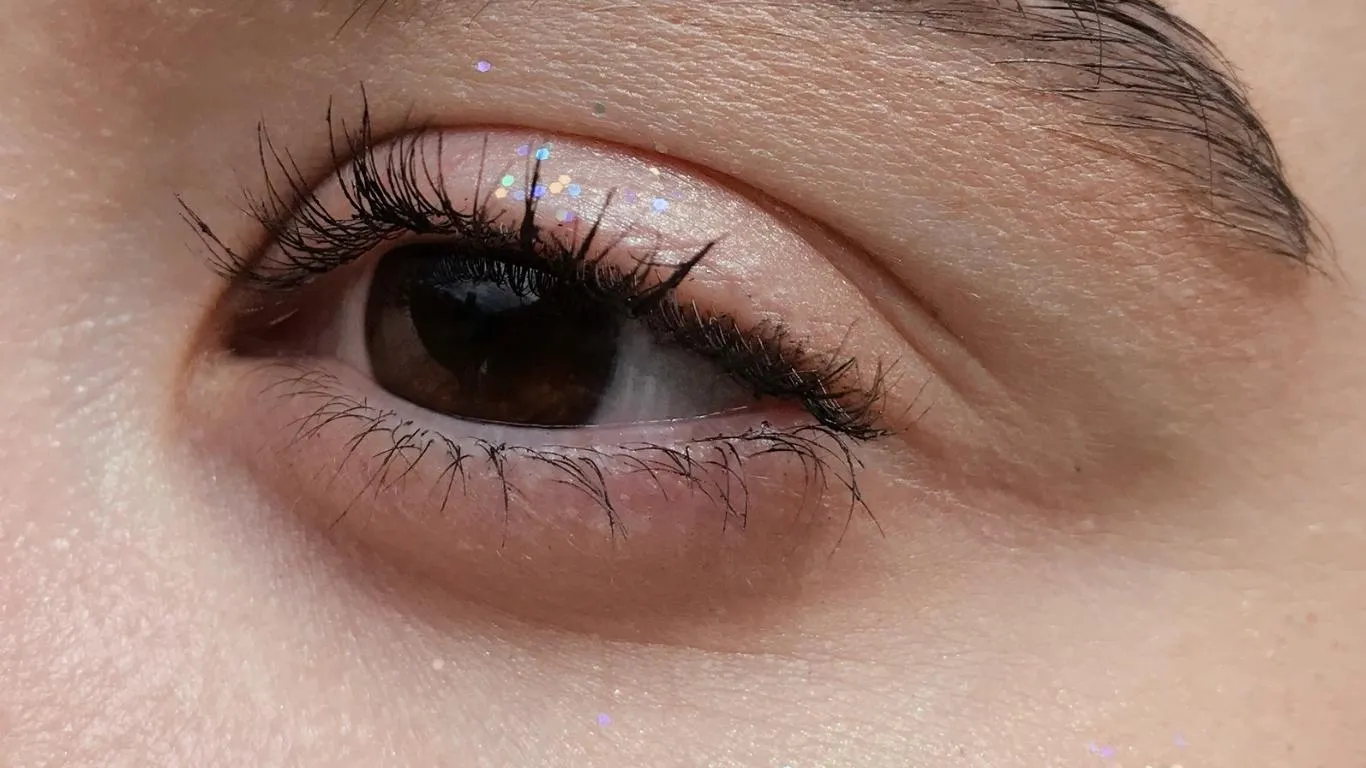
One thing I’ve learned is that lifestyle plays a major role. When I wasn’t sleeping enough or had too much screen time, my floaters would not only appear more often, but some would go from cloudy to crisp in a flash. You might want to check if these apply to you too:
- Lack of sleep – poor rest means poor eye recovery
- High screen time – digital strain intensifies floater visibility
- Intense exercise – rapid blood flow can shift vitreous debris
- Caffeine intake – yes, I tested this. Too much made my floaters worse
These aren’t just anecdotal. There’s evidence that things like sleep deprivation and prolonged screen exposure can change how floaters behave—especially in brightness and edge definition.
Could It Be Something More Serious?
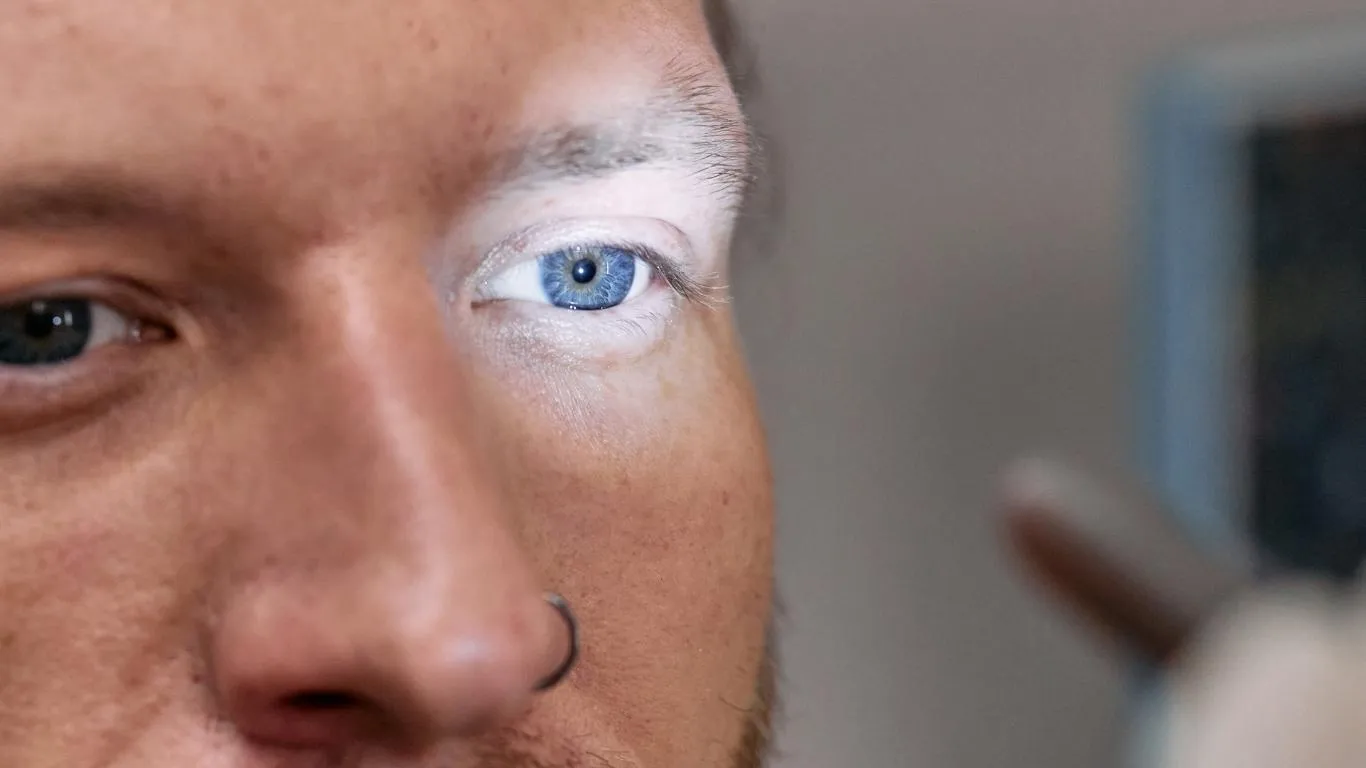
When a blurry floater sharpens suddenly, it could mean it’s moved closer to the retina—or worse, tugged on it. That’s why it’s essential to rule out serious conditions like a retinal tear or retinal hole. These aren’t common, but they’re urgent if they do happen.
Sudden clarity may also signal bleeding inside the eye, called vitreous hemorrhage. One sign I was told to watch for: if the floater looks like a dark ring or cobweb and appears suddenly, especially if it’s accompanied by flashes of light or peripheral shadowing.
What Can You Do Right Now?
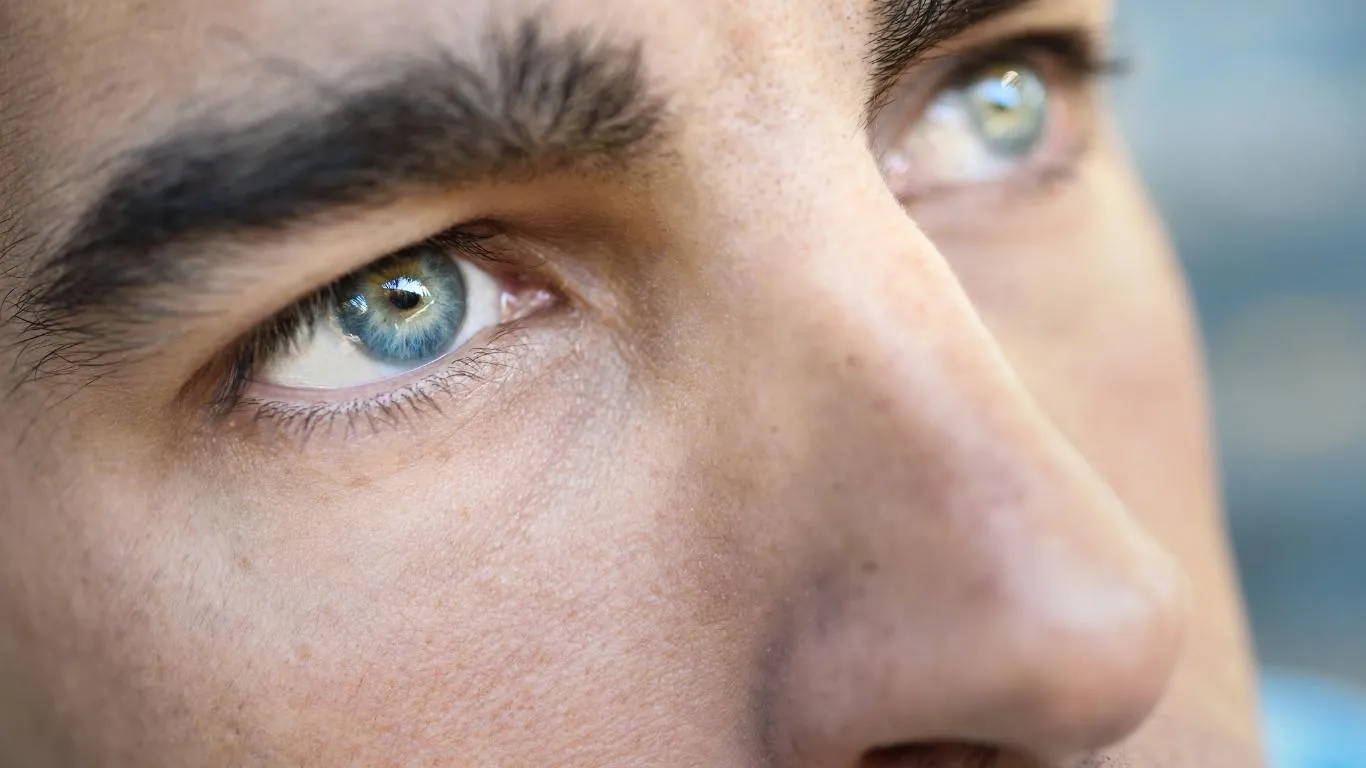
From my experience, trying to ignore floaters just doesn’t work. But you don’t have to panic either. Here’s what I found genuinely helpful:
- Hydration – keeping eyes well-lubricated reduced my floaters’ sharpness
- Supplements – omega-3s and lutein helped over time (talk to your doc)
- Eye breaks – 20-20-20 rule during screen time made a huge difference
- Sunlight control – wearing UV-blocking glasses minimized sudden clarity moments
And here’s an excellent breakdown of treatment options that ranges from simply watching and waiting to laser therapy or vitrectomy in extreme cases. I personally haven’t gone the medical route yet, but it’s good to know what’s available if things ever get worse.
Want to understand how floaters differ from other eye problems? Here’s the guide that helped me clear the confusion early on.
If you’re navigating blurry floaters with sudden clarity and want to dive deeper into what might be behind them, this main explainer is where it all starts. You’ll also find great insights in the dedicated pillar on warning signs you shouldn’t ignore.
When Sudden Clarity Becomes a Pattern
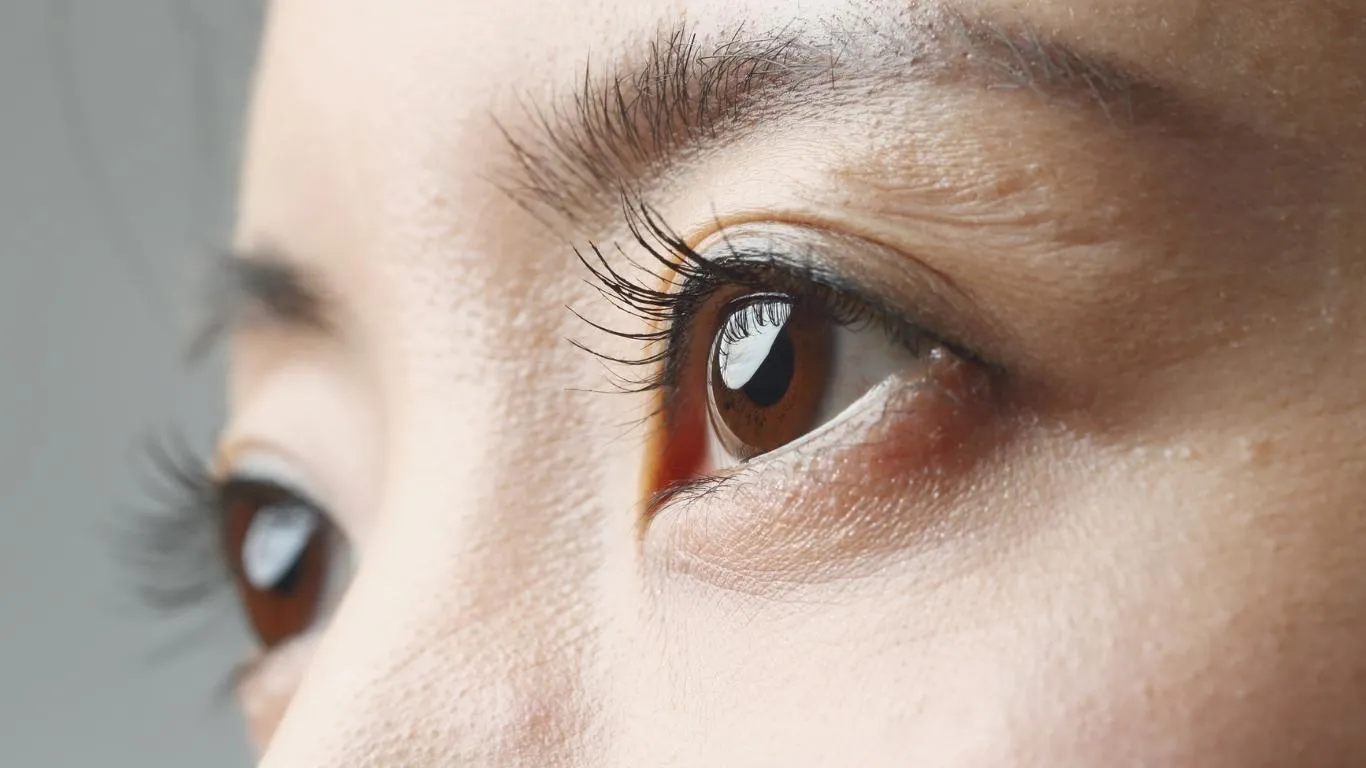
The first time I saw that sharp speck glide across my vision, I shrugged it off. But then it kept happening—always at random, always more visible than before. That’s when I started logging it. I’m not the journaling type, but jotting down how often it happened, what I was doing, lighting conditions, and whether I felt tired or dehydrated gave me patterns I couldn’t ignore.
If blurry floaters become crystal clear frequently, especially in the same part of your vision or under specific conditions, it could be a sign of progressive vitreous changes or even an underlying medical trigger. It helped me finally bring something concrete to my optometrist—who, by the way, appreciated the detail way more than I expected.
1. Consider the Role of Eye Pressure
Many people underestimate how changes in eye pressure can influence floater clarity. One time after lifting weights, I noticed a sharp floater that stuck around the rest of the day. Turns out, sudden intraocular pressure spikes—from exercise, strain, or even coughing—can alter how floaters behave. It’s not dramatic unless it keeps happening, but it’s worth paying attention to.
2. Hormonal Shifts Matter Too
I learned this from a friend who started getting clearer floaters during pregnancy. Hormonal changes can mess with eye fluid balance, and this may explain why people notice more floaters—or sharper ones—during menopause, menstruation, or after childbirth. Articles like this one opened my eyes (no pun intended) to how systemic changes impact vision more than we realize.
What to Tell Your Eye Doctor (Trust Me, They’ll Appreciate It)
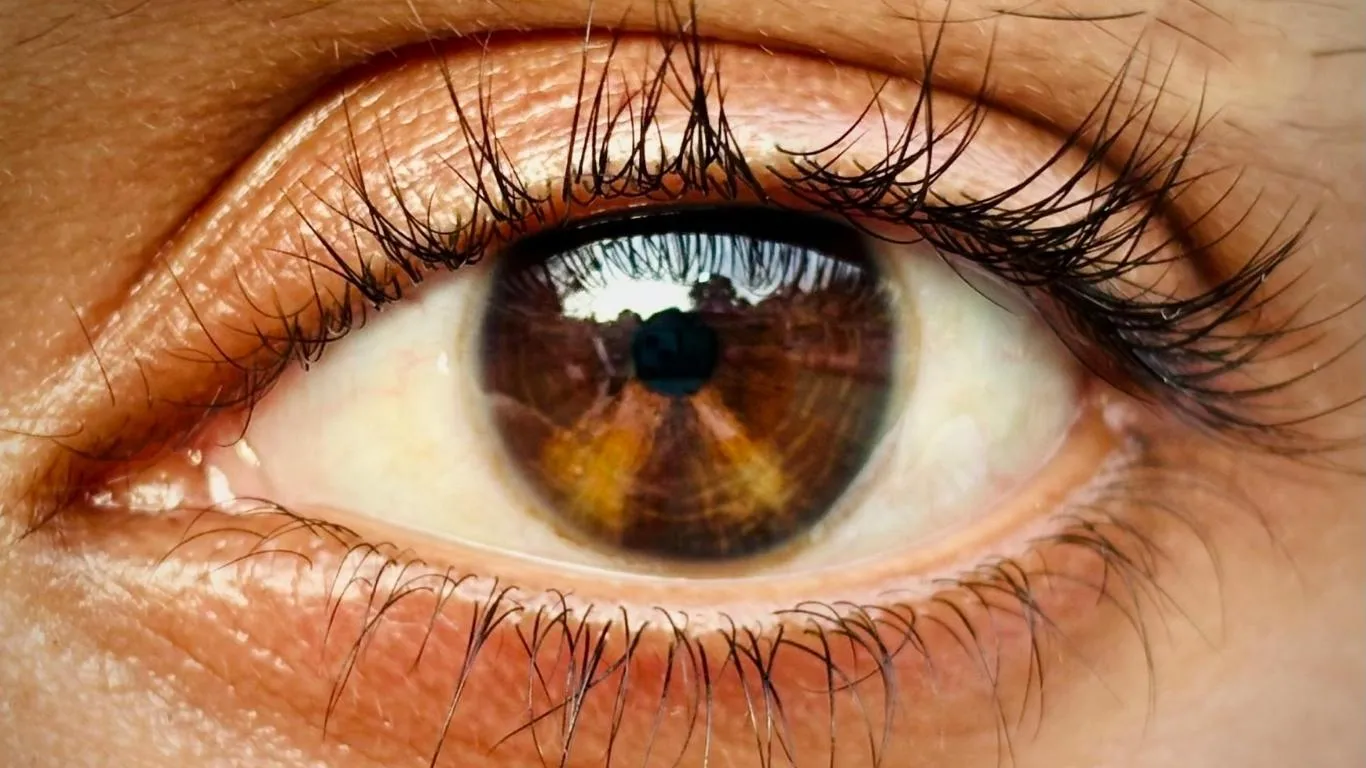
When I finally decided to see an eye specialist, I wasn’t sure if they’d take me seriously. After all, it’s just a floater, right? Wrong. I wish I had gone sooner. Here’s what helped me make the most of that visit:
- Log your floaters: Note time, frequency, type (blurry or sharp), and triggers
- Mention any flashes or shadowy curtain effects
- List new medications, recent illnesses, or stress levels
- Share visual disturbances: Especially when using screens or reading
This was how I learned about the possibility of thyroid-linked eye complications and how some autoimmunity-related floaters behave differently.
Daily Habits That Help Reduce the Intensity
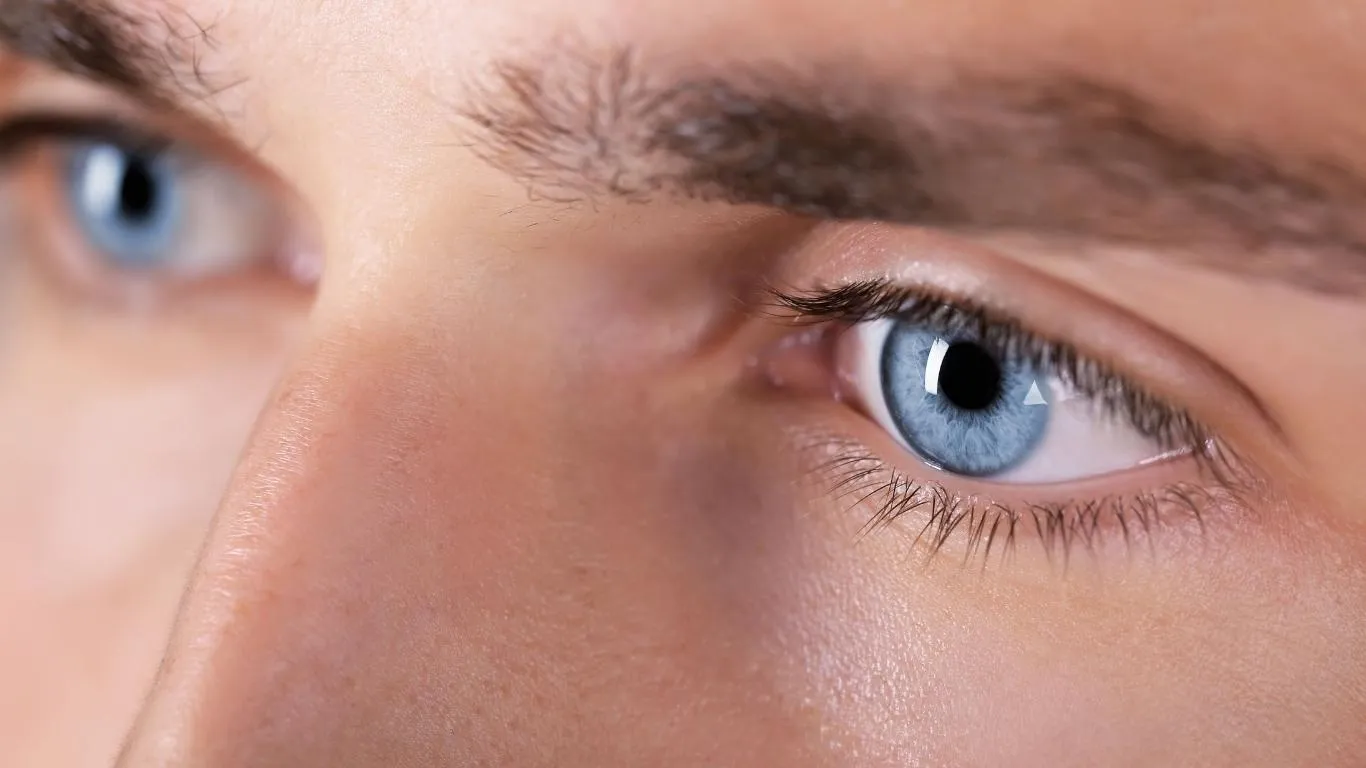
So let’s get practical—what can you do day-to-day that’s not invasive and actually helps? After months of trial and error, here’s what I stuck with:
- Low-blue light glasses – especially helpful when using screens at night
- Hydrating eye drops – a total game-changer during long drives
- Stretch breaks every hour – reduced screen-induced visual stress
- Adding omega-3s and magnesium – helped reduce overall eye irritation
These small tweaks won’t eliminate floaters, but they definitely toned down the sharpness and frequency. If you’re dealing with post-surgery floaters, this resource is gold—it helped someone in my family post-cataract surgery.
Watch Out for These Red Flags
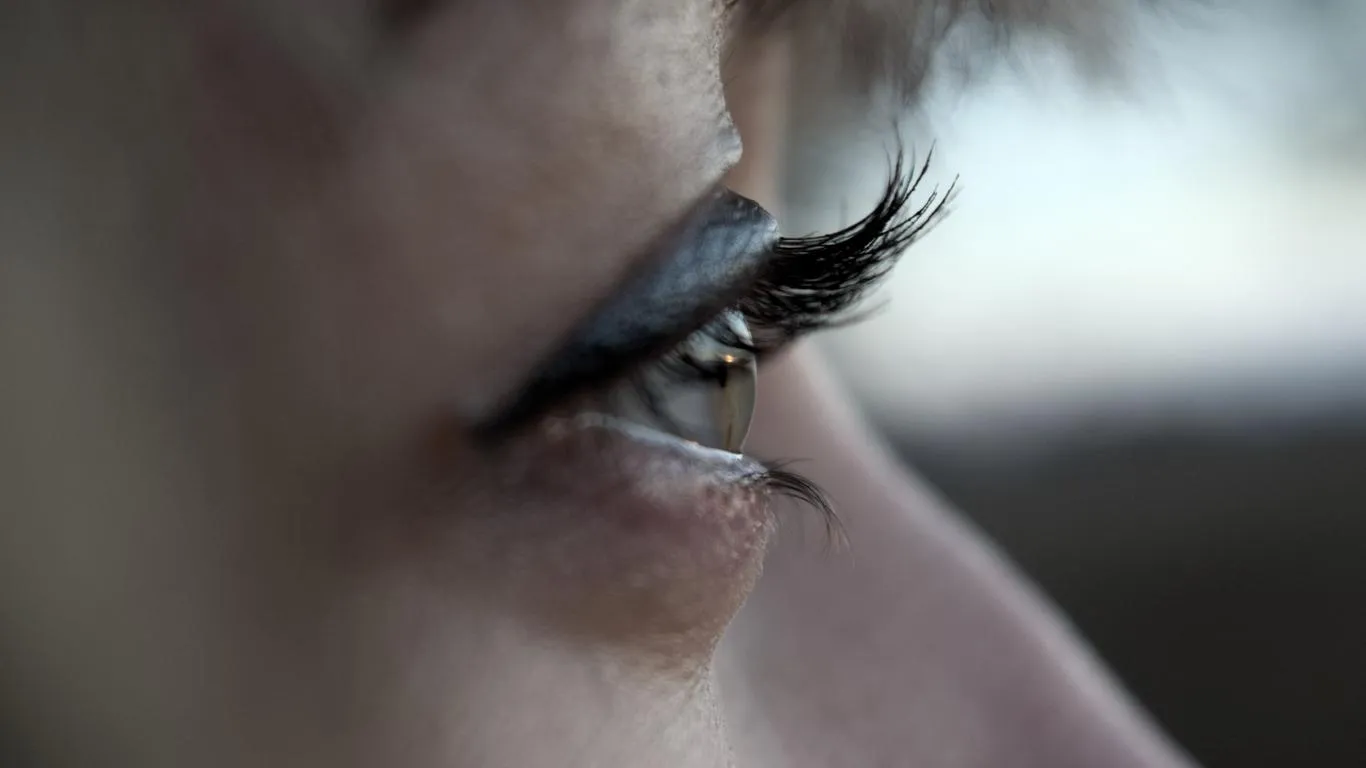
Here’s the deal: not all clear floaters are harmless. You need to watch out for symptoms that suggest something more urgent. These include:
- Sudden shower of floaters – could signal retinal tear or bleeding
- Flashes of light – especially in dark settings
- Shadow or dark curtain over part of your vision
- Blurred side vision that doesn’t go away quickly
If any of these hit, don’t wait. Conditions like vitreous hemorrhage or retinal detachment require immediate care. It’s not about panicking—it’s about staying proactive.
What to Expect If You Seek Treatment

Floaters rarely need surgery, but if they interfere with daily life, options exist. I haven’t taken that step myself, but I researched it extensively. Most doctors will recommend:
- Observation – track symptoms for any escalation
- Laser vitreolysis – breaks up large, annoying floaters
- Vitrectomy – invasive but effective for severe cases
Just be sure to weigh the risks. This guide on treatment options lays it all out cleanly. My doctor also mentioned non-surgical supplements that may support vitreous health, like collagen-focused formulas.
Learning to Live with Them Without Losing Your Mind
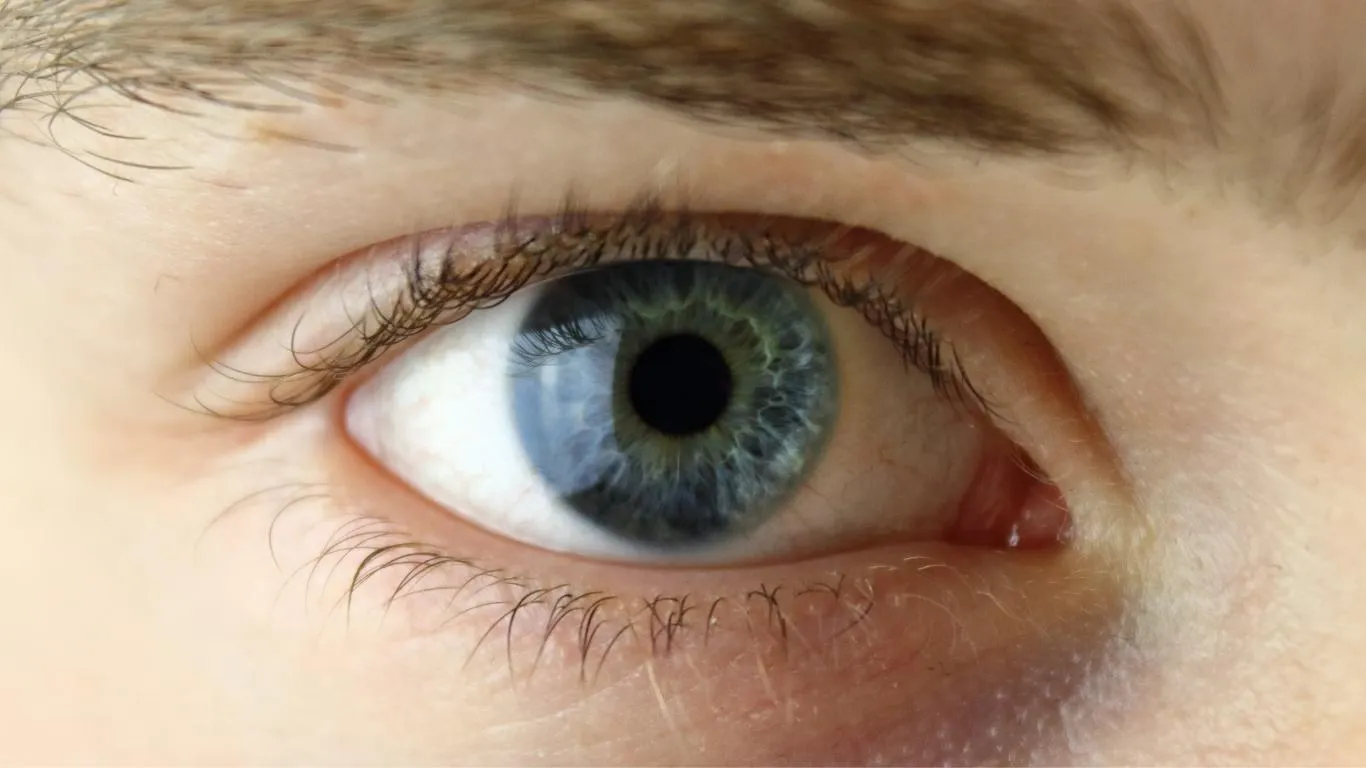
If you’re like me, you’ve probably searched every corner of the internet looking for a way to get rid of floaters entirely. Truth is, there’s no perfect fix yet. But understanding your triggers, knowing when to see a specialist, and making small but meaningful lifestyle changes can make a huge difference.
There’s also value in learning to refocus. I started using eye exercises from yoga (like these poses) to help me recalibrate my visual concentration. At first, it felt silly, but I’ll take anything that helps reduce the irritation of clear floaters showing up when I least expect it—especially when I’m driving or trying to read small fonts.
For a deeper understanding of what’s really behind these floaters and what might be happening inside your eyes, I highly recommend reading the full breakdown on eye floater causes, symptoms, and treatment.

Camellia Wulansari is a dedicated Medical Assistant at a local clinic and a passionate health writer at Healthusias.com. With years of hands-on experience in patient care and a deep interest in preventive medicine, she bridges the gap between clinical knowledge and accessible health information. Camellia specializes in writing about digestive health, chronic conditions like GERD and hypertension, respiratory issues, and autoimmune diseases, aiming to empower readers with practical, easy-to-understand insights. When she’s not assisting patients or writing, you’ll find her enjoying quiet mornings with coffee and a medical journal in hand—or jamming to her favorite metal band, Lamb of God.

